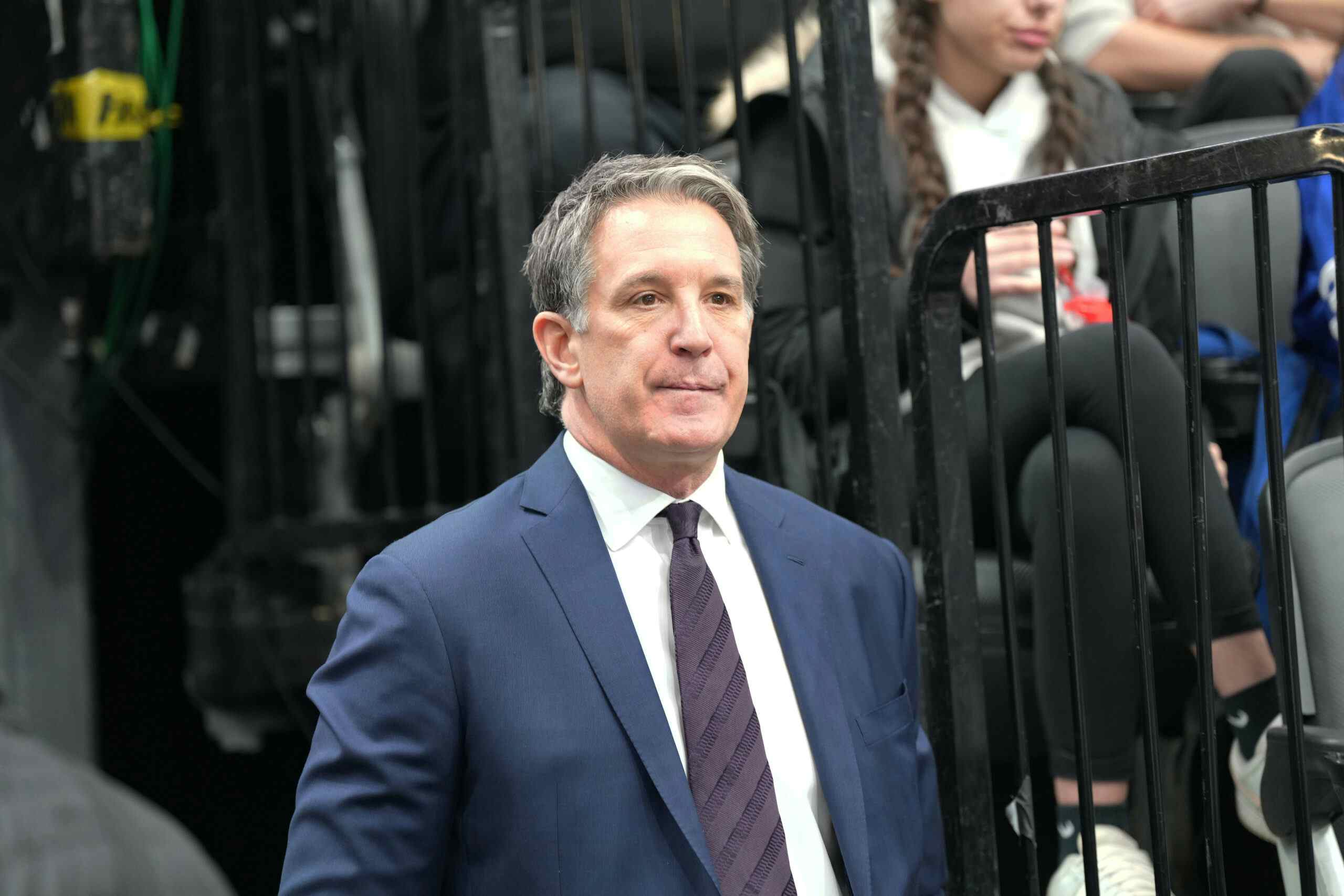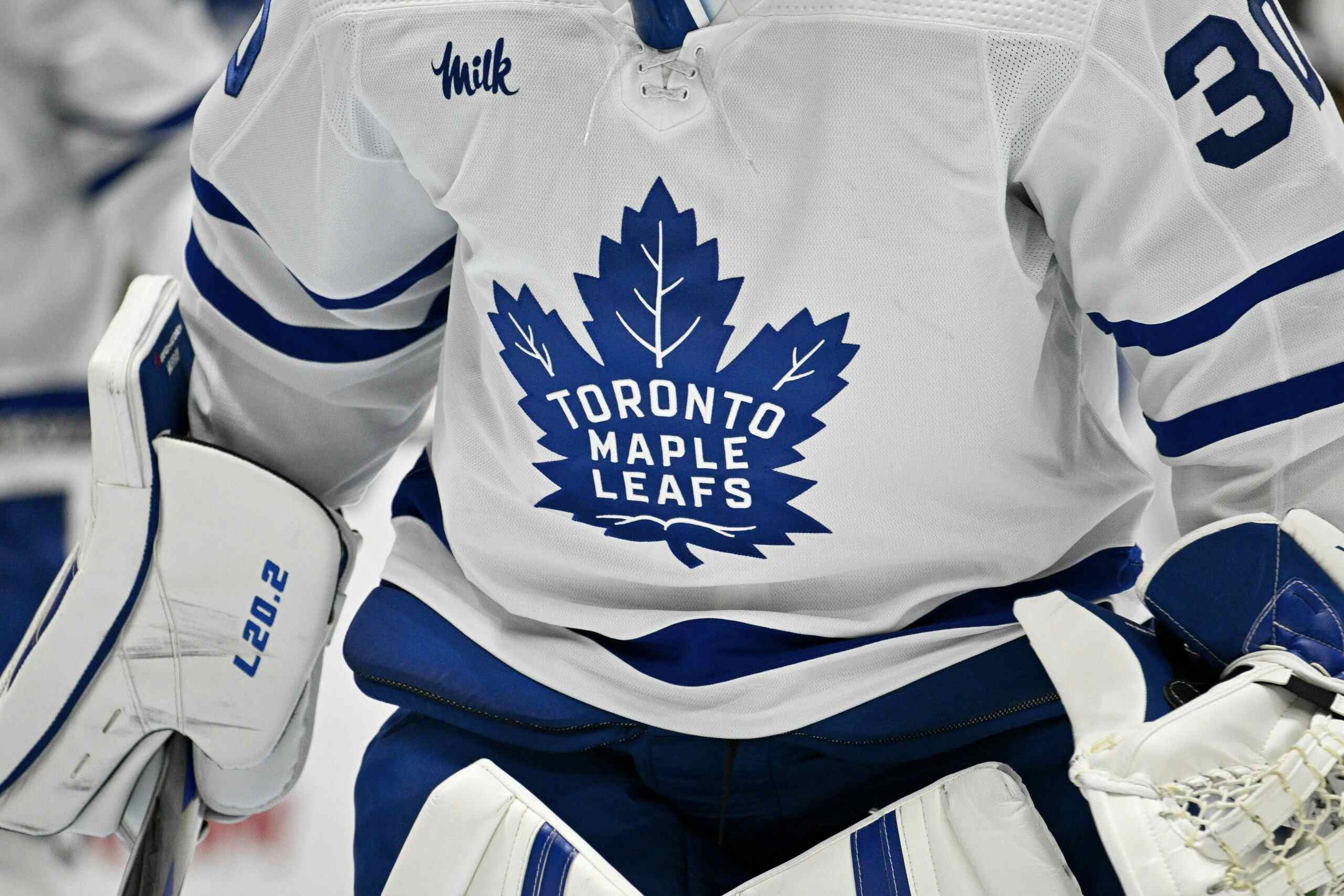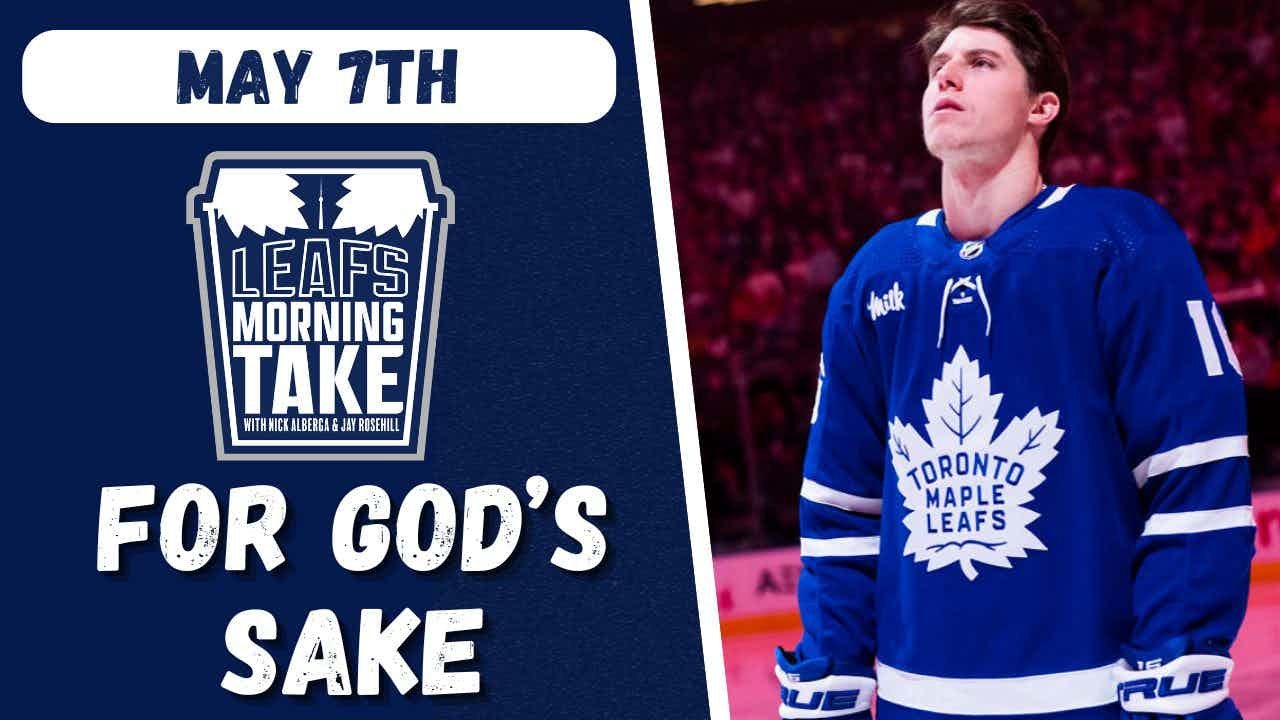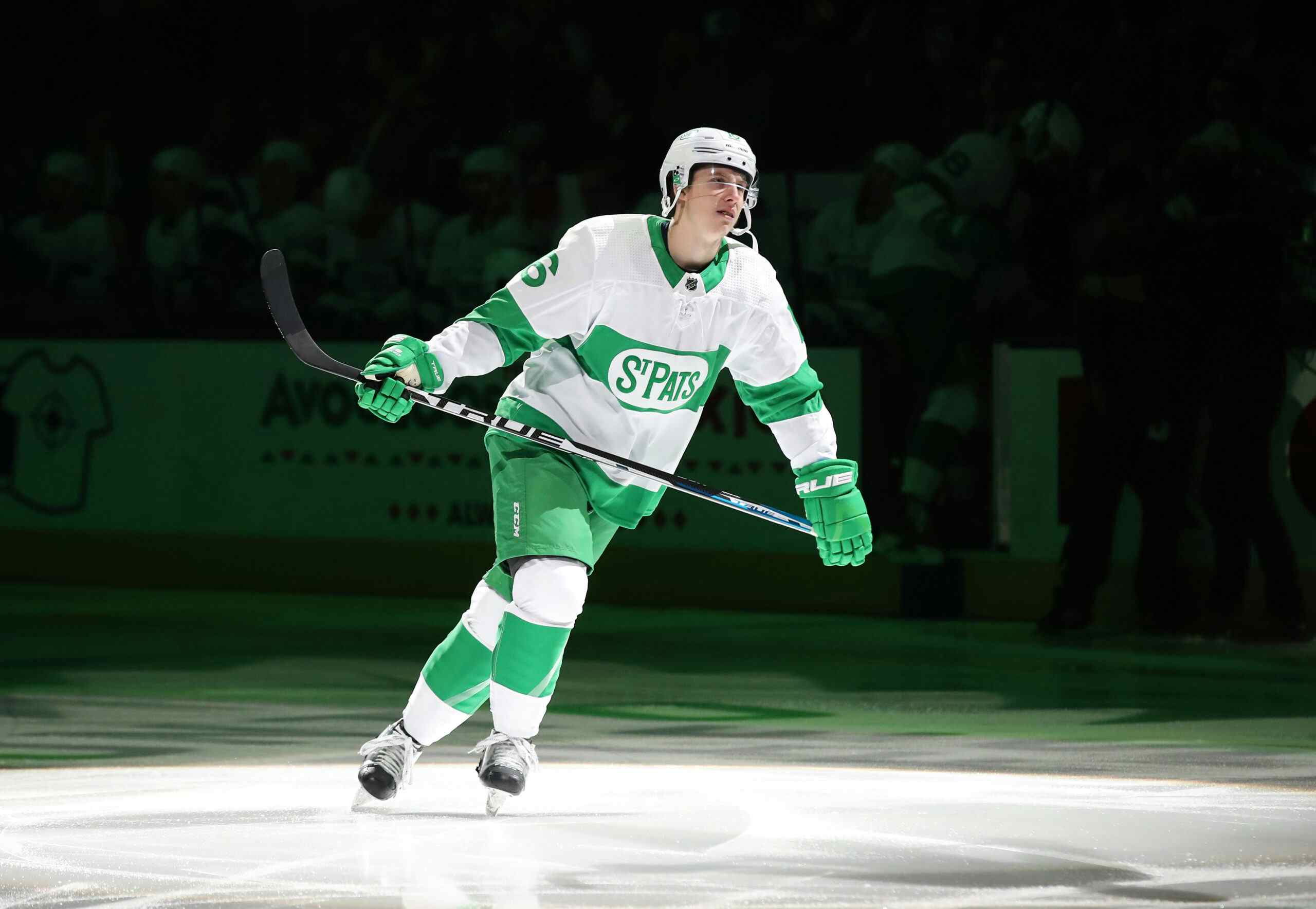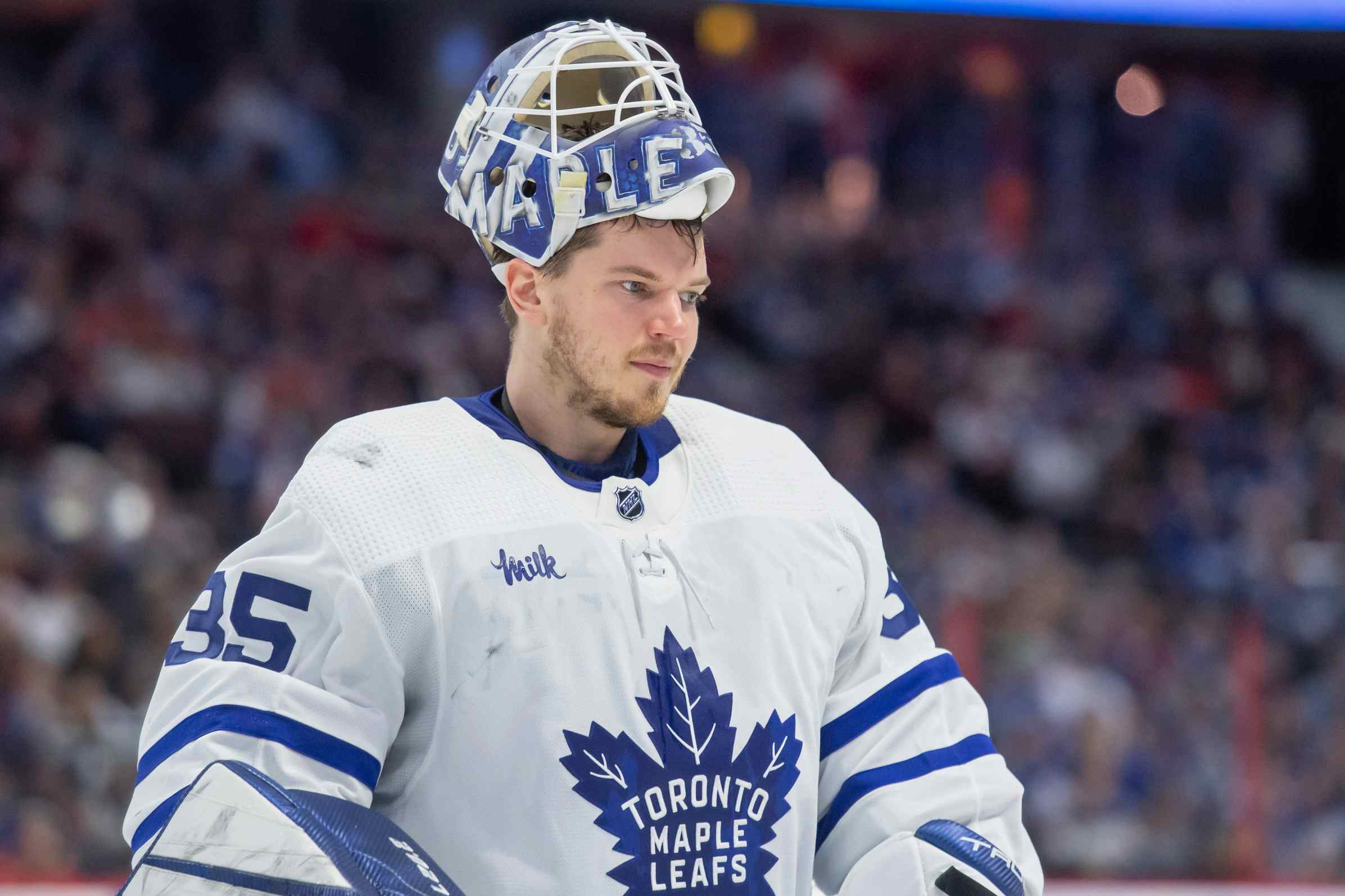Learning To Play: Hitting the OK Plateau
By Danny Gray
12 years ago
BOOOOORING!!
As some of you may know I’ve been righting the biggest wrong of my childhood by learning how to play hockey. The response to my first article was great, and I put the advice dispensed to good use. Thus far I’ve been learning by doing, playing in relatively informal games of shinny with a few hours of work on my passing and shooting on the side. At this point I’d describe my skill level as OK. I can skate, shoot, pass, and stickhandle well enough to keep pace with guys going at about 50%. I’m not very good mind you, but I’m not falling all over myself out there either. While I’m exponentially better than when I first began, I worry that pretty soon I’m going to hit the OK Plateau.
I’ve written about the OK Plateau before when talking about what may separate good hockey players from elite ones. (I have also dutifully made a note of every story in which someone talks about Kessel’s newfound commitment to his defensive game when explaining the reason behind his success this season.) Now I’m experiencing it for myself.
Basically the OK Plateau refers to the final stage of any skill development, the point at which you stop improving. The phenomena was first identified and expounded by psychologists Paul Fitts and Michael Posner. They identified three distinct stages of skill development.
First is the Cognitive Stage in which you are “intellectualizing the task and discovering new strategies to accomplish it more proficiently.” The second is the Associative Stage here you are “concentrating less, making fewer major errors, becoming more efficient.” Finally you reach the Autonomous Stage here you “figure that you’ve gotten as good as you need to get at the task and you’re basically running on autopilot.”
What the psychologists leave out is that the Cognitive Stage isn’t all that much fun. Who wants to spend ice-time working on the proper technique instead of playing a game. I figure I’ll pick it up as I go, even if I know I won’t improve by doing so.
I know that the more work I put in at the Cognitive Stage- passing and stick handling drills, working on my shot- the more I’ll improve. It’s not as much fun as playing, but it will make playing in the future a lot more fun.
What I need from you are some tips or drills I should use to keep myself in the Cognitive Stage. My skating probably needs the most work; I can’t skate backwards very well and can only stop on my left side.
What should I do to prevent myself from coasting out there?
Recent articles from Danny Gray

